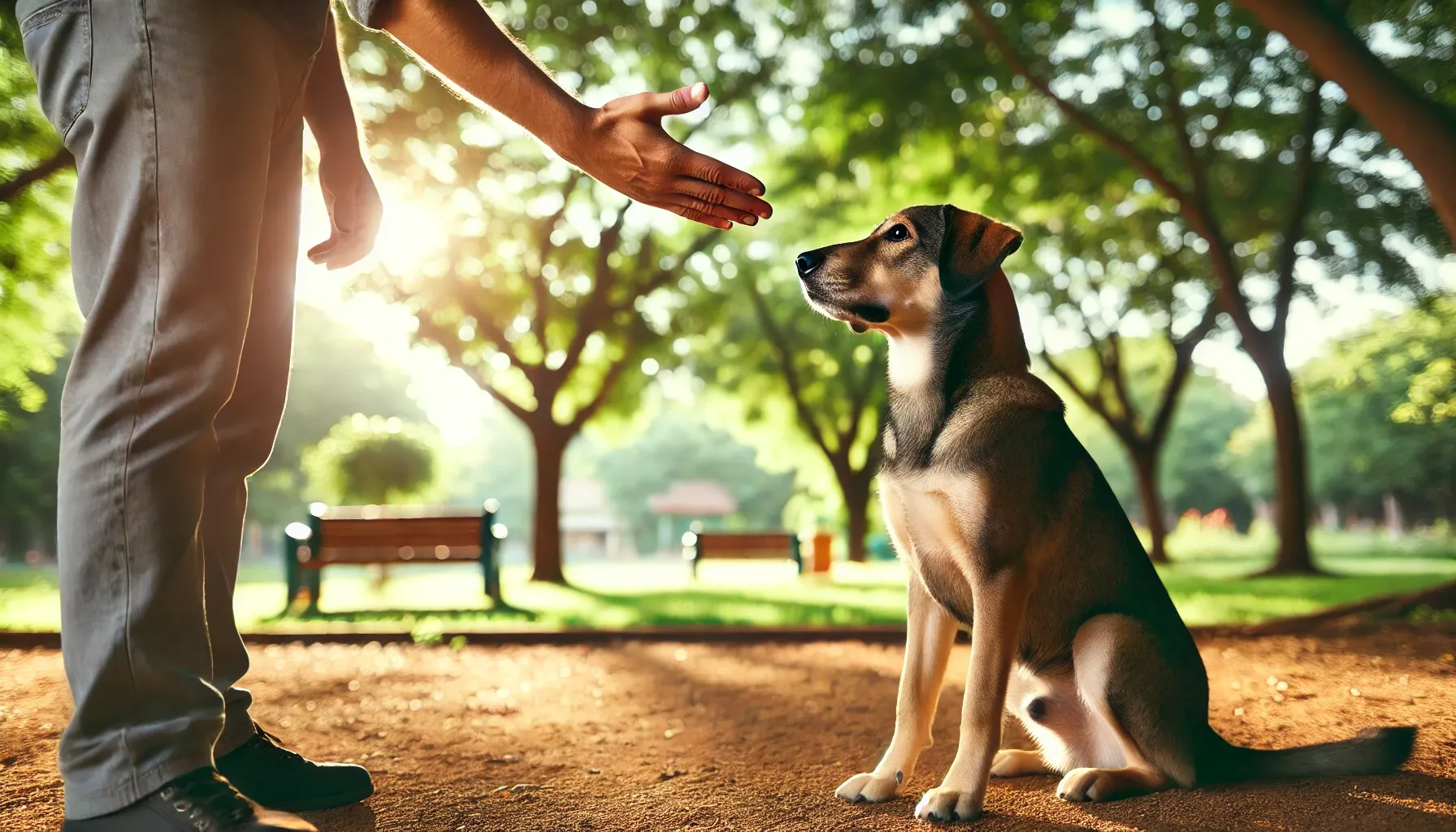Sit
One of the most fundamental commands. Teach your dog to sit as a starting point for other commands.

When it comes to nurturing a harmonious relationship with your canine companion, obedience training is essential. Not only does it instill discipline and respect, but it also strengthens the bond between you and your dog. Here’s a comprehensive guide to mastering the fundamentals of dog obedience, ensuring a happy and well-behaved pet.
Begin your training journey with these essential commands:
Sit
One of the most fundamental commands. Teach your dog to sit as a starting point for other commands.
Stay
Helps your dog learn patience and restraint, keeping them in one place until released.
Down
Encourages your dog to lay down calmly, promoting relaxation.
Come
Vital for ensuring your dog returns to you when called, especially outdoors.
Allocate 15-20 minutes daily to practice these commands in a distraction-free environment. Consistency and discipline are key. By dedicating time each day, you reinforce desired behaviors and establish clear communication with your dog.
Many trainers resort to high-energy excitement to motivate dogs, often relying on treats. However, this can lead to a lack of motivation and even destructive behaviors as dogs seek stimulation elsewhere.
Ensure your dog works for rewards. This keeps them motivated and engaged during training sessions without becoming overly reliant on treats.
Reward calm behavior instead of excitement. This nurtures a peaceful and obedient demeanor.
Progress through these stages at a pace comfortable for both you and your dog:
The fourth stage is often the most challenging. Patience and persistence are crucial. For example, practicing in a park or on a quiet street helps your dog learn to obey despite external stimuli.
Mastering these commands enriches your life with your dog in various situations:
Hosting Guests
A simple “sit” and “stay” keeps your dog calm when guests arrive.
Social Interactions
Use hand signals to keep your dog by your side when chatting with friends.
Visiting Friends
Manage excitement levels with hand signals to ensure good behavior in new environments.
Dining Out
The “down” command encourages your dog to relax in pet-friendly restaurants.
Running Errands
A practiced “stay” command lets your dog wait calmly outside while you run errands.
Consistent obedience not only makes daily life smoother but also garners admiration from others, showcasing the strong bond and understanding you share with your pet.
Obedience training is an ongoing journey that enriches both you and your dog’s lives. By focusing on fundamental commands and practicing with patience and consistency, you pave the way for a harmonious and joyful companionship.
Embrace the journey of training with dedication, and you’ll find that the rewards extend far beyond simple commands—they build a foundation of trust, respect, and love between you and your furry friend.